Home>Technology>Home Entertainment Systems>What Is The Best Projector For A Home Theater
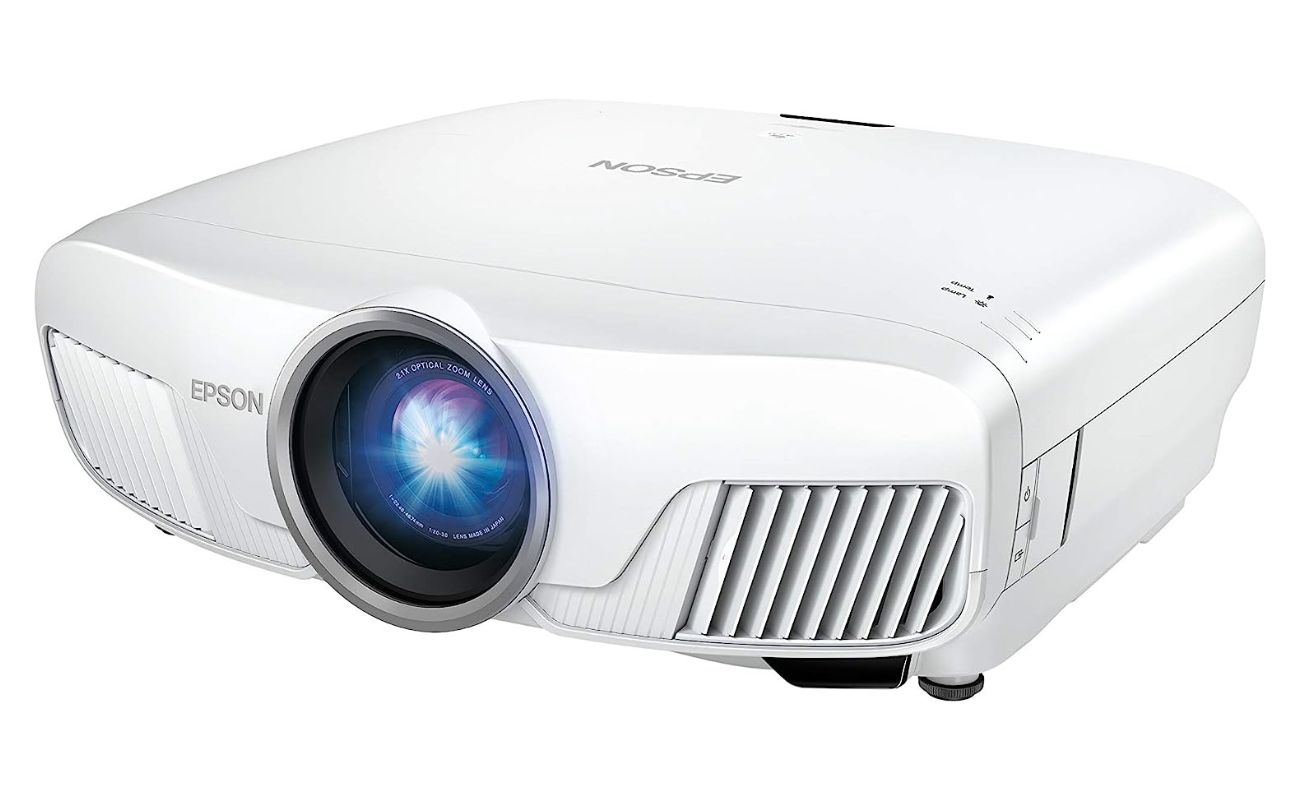

Home Entertainment Systems
What Is The Best Projector For A Home Theater
Modified: August 28, 2024
Looking for the best projector for your home entertainment system? Discover top recommendations and expert reviews for home theater projectors. Choose the perfect projector for an immersive viewing experience.
(Many of the links in this article redirect to a specific reviewed product. Your purchase of these products through affiliate links helps to generate commission for Storables.com, at no extra cost. Learn more)
Introduction
When it comes to creating an immersive home entertainment experience, a high-quality projector can make all the difference. Whether you're a movie enthusiast, a gaming aficionado, or a sports fanatic, a home theater projector can elevate your viewing experience to new heights. With advancements in technology, home theater projectors now offer stunning visuals, vibrant colors, and impressive clarity that rival the big screens found in cinemas.
Choosing the best projector for your home theater setup can be a daunting task, especially with the myriad of options available in the market. From resolution and brightness to connectivity and compatibility, there are several factors to consider before making a decision. Additionally, understanding the top features that set premium projectors apart from the rest can help you make an informed choice that aligns with your specific entertainment needs.
In this comprehensive guide, we will delve into the essential factors to consider when selecting a home theater projector, explore the top features to look for, and compare some of the best projectors currently available. Whether you're a cinephile seeking a cinematic experience at home or a gaming enthusiast looking for larger-than-life visuals, this guide will equip you with the knowledge to make a well-informed decision and bring the magic of the big screen into the comfort of your own home.
Key Takeaways:
- Choose a home theater projector with high resolution, brightness, and contrast ratio for a captivating viewing experience. Consider features like HDR support and gaming mode for added immersion.
- Top home theater projectors like Epson 5050UB and Sony VW295ES offer stunning visuals, flexible placement, and gaming-specific features. Select a projector that suits your entertainment needs for an unforgettable home theater experience.
Factors to Consider When Choosing a Home Theater Projector
Selecting the right home theater projector involves considering several crucial factors to ensure that it meets your specific entertainment needs. Here are the key aspects to keep in mind when choosing a home theater projector:
1. Resolution:
The resolution of a projector determines the clarity and sharpness of the images it produces. When selecting a home theater projector, it's essential to opt for a model with a high resolution, such as 1080p (Full HD) or 4K Ultra HD, to enjoy crisp and detailed visuals. Higher resolution projectors offer a more immersive viewing experience, especially when watching high-definition content.
2. Brightness:
The brightness of a projector is measured in lumens and plays a vital role in determining the clarity of the projected images, particularly in well-lit rooms. For a home theater setup, it's advisable to choose a projector with high brightness to ensure vibrant and clear visuals, even in ambient light conditions. A higher lumen count is particularly beneficial for larger screens and rooms with ambient light.
3. Contrast Ratio:
The contrast ratio of a projector influences the depth and richness of the displayed images. A higher contrast ratio results in deeper blacks and brighter whites, enhancing the overall visual quality. When selecting a home theater projector, consider models with a high contrast ratio to achieve stunning image depth and detail, especially during dark and intense scenes.
4. Throw Distance and Screen Size:
Understanding the throw distance and screen size capabilities of a projector is crucial for determining its suitability for your home theater space. The throw distance refers to the distance between the projector and the screen, while the screen size indicates the maximum display area. It's essential to choose a projector with a throw distance and screen size range that aligns with your room dimensions and desired viewing experience.
5. Connectivity and Compatibility:
Ensure that the projector offers versatile connectivity options, including HDMI, USB, and wireless connectivity, to seamlessly integrate with various multimedia devices such as Blu-ray players, gaming consoles, and streaming devices. Additionally, compatibility with different media formats and devices is essential for a versatile and user-friendly home theater setup.
6. Integrated Audio and Sound Quality:
While external speakers are commonly used for home theater audio, the built-in audio capabilities of a projector can enhance the overall viewing experience. Consider the sound quality and integrated audio features of the projector to determine if it aligns with your audio preferences and complements your existing sound system.
Considering these factors when choosing a home theater projector will enable you to make an informed decision and select a projector that delivers an exceptional visual experience tailored to your entertainment preferences.
Top Features to Look for in a Home Theater Projector
When investing in a home theater projector, it's essential to prioritize certain features that can significantly enhance your viewing experience. Here are the top features to look for when selecting a home theater projector:
Read more: How To Set Up A Home Theater Projector
1. HDR (High Dynamic Range) Support:
Opting for a projector with HDR support can elevate the visual quality by offering a broader range of colors, improved contrast, and enhanced brightness. HDR-compatible projectors deliver more lifelike and vibrant images, ensuring that you experience the full spectrum of colors and details in your favorite movies, games, and TV shows.
2. Keystone Correction:
Keystone correction is a valuable feature that allows for the adjustment of distorted images caused by the projector's angle or placement. Look for projectors with vertical and horizontal keystone correction capabilities to ensure that the projected images appear proportionate and accurately aligned, even when the projector is not perfectly positioned.
3. Lens Shift:
Projectors equipped with lens shift functionality provide greater flexibility in positioning the device while maintaining optimal image quality. This feature enables users to adjust the position of the projected image without physically moving the projector, making it easier to achieve the desired screen placement and alignment within the home theater space.
4. Gaming Mode:
For gaming enthusiasts, selecting a projector with a dedicated gaming mode can significantly enhance the gaming experience. Gaming modes often reduce input lag, optimize refresh rates, and enhance color accuracy, resulting in smoother gameplay and heightened visual clarity during intense gaming sessions.
Read more: How Many Lumens For A Home Theater Projector
5. Wireless Connectivity:
The convenience of wireless connectivity cannot be overstated, especially in modern home entertainment setups. Look for projectors with built-in Wi-Fi capabilities or support for wireless streaming protocols, allowing seamless connectivity with smartphones, tablets, and other wireless devices for effortless content sharing and streaming.
6. Long Lamp Life:
Opt for a projector with a long lamp life to minimize maintenance and replacement costs. Projectors with extended lamp life can provide thousands of hours of usage before requiring a replacement, ensuring prolonged enjoyment of your home theater setup without the hassle of frequent lamp changes.
7. Smart Features and Apps:
Some modern projectors offer smart features and integrated apps, providing access to streaming services, content libraries, and multimedia platforms directly from the projector interface. Smart projectors can streamline the entertainment experience by offering a wide range of content options without the need for additional external devices.
8. 3D Capability:
For enthusiasts of 3D content, choosing a projector with native 3D support can unlock a new dimension of immersive entertainment. 3D-capable projectors enable the projection of 3D movies, games, and content, delivering a captivating and immersive viewing experience within the comfort of your home.
By prioritizing these top features when selecting a home theater projector, you can ensure that your investment aligns with your specific entertainment preferences and provides an exceptional visual experience tailored to your needs.
Read more: What Is The Best 3D Home Theater Projector
Comparison of the Best Home Theater Projectors on the Market
When it comes to choosing the best home theater projector, several top-performing models stand out in the market, each offering unique features and capabilities to cater to diverse entertainment preferences. Let's compare some of the leading home theater projectors available, highlighting their key attributes and benefits:
1. Epson Home Cinema 5050UB
- Resolution: The Epson Home Cinema 5050UB boasts a native 4K PRO-UHD resolution, delivering stunning clarity and detail for an immersive viewing experience.
- Brightness: With 2,600 lumens of color and white brightness, this projector ensures vibrant and lifelike visuals, even in well-lit environments.
- HDR Support: Equipped with advanced HDR processing, the 5050UB offers a wide color gamut and high dynamic range for exceptional image quality.
- Lens Shift: Its motorized lens shift and 10 preset positions provide flexibility in adjusting the projection alignment without compromising image quality.
- Gaming Mode: The projector features a low input lag mode, making it ideal for gaming enthusiasts seeking a responsive and smooth gaming experience.
2. Sony VPL-VW295ES
- True 4K Resolution: The Sony VPL-VW295ES delivers true 4K resolution with its native SXRD panels, ensuring unparalleled sharpness and detail in every frame.
- High Contrast Ratio: With a dynamic contrast ratio of 350,000:1, this projector produces deep blacks and bright highlights, enhancing the overall visual depth.
- Reality Creation Technology: Sony's proprietary technology enhances clarity and sharpness, upscaling content to near 4K quality for a more refined viewing experience.
- Whisper-Quiet Operation: The advanced cooling system of the VPL-VW295ES ensures quiet operation, allowing viewers to immerse themselves in the audio-visual experience without distraction.
- Wide Lens Shift: Its wide lens shift range enables flexible placement options, making it suitable for various room configurations.
3. Optoma UHD60
- 4K UHD Resolution: The Optoma UHD60 delivers razor-sharp 4K UHD resolution, bringing out the finest details in every scene for a cinematic visual experience.
- High Brightness: With 3,000 lumens of brightness, this projector ensures vivid and vibrant images, making it suitable for both darkened home theaters and well-lit living spaces.
- Dynamic Black Technology: The UHD60's dynamic black feature enhances the contrast, resulting in deeper blacks and brighter whites, elevating the overall image quality.
- Color Accuracy: It offers accurate color reproduction, thanks to its HDR10 and DCI-P3 wide color gamut support, delivering true-to-life colors and cinematic visuals.
- Integrated Speakers: The built-in 4W stereo speakers provide audio convenience, offering a complete multimedia experience without the need for external speakers.
4. BenQ HT3550
- CinematicColor Technology: The BenQ HT3550 utilizes CinematicColor technology to deliver precise color accuracy and stunning image quality, ideal for movie enthusiasts.
- Low Input Lag: With low input lag and fast response times, this projector is well-suited for gaming, ensuring smooth and responsive gameplay.
- HDR-PRO Support: Its HDR-PRO feature enhances the dynamic range, offering lifelike visuals with detailed shadows and highlights for an immersive viewing experience.
- Compact Design: The HT3550's compact and sleek design makes it a versatile choice for various room sizes and configurations, providing flexibility in installation.
- Whisper-Quiet Performance: Its whisper-quiet operation ensures minimal distraction, allowing viewers to fully immerse themselves in the audio-visual content.
Each of these top home theater projectors excels in different aspects, catering to the diverse needs and preferences of home entertainment enthusiasts. By considering the unique features and capabilities of these projectors, consumers can make an informed decision based on their specific requirements, whether it's for cinematic movie nights, immersive gaming experiences, or captivating sports viewing.
This comparison provides valuable insights into the standout features of leading home theater projectors, empowering consumers to select the ideal projector that aligns with their entertainment aspirations and elevates their home viewing experience.
Conclusion
In conclusion, selecting the best projector for a home theater involves a thoughtful consideration of various factors and features to ensure an exceptional viewing experience. The resolution, brightness, contrast ratio, throw distance, and connectivity options play pivotal roles in determining the visual quality and versatility of a home theater projector. By prioritizing these factors, consumers can make informed decisions that align with their specific entertainment needs, whether it's enjoying blockbuster movies, immersive gaming, or sports spectating.
Furthermore, the top features to look for in a home theater projector, such as HDR support, keystone correction, lens shift, gaming mode, wireless connectivity, long lamp life, smart features, and 3D capability, can significantly enhance the overall viewing experience. These features cater to diverse preferences, offering advanced functionalities that elevate the visual quality, flexibility, and convenience of home theater projection systems.
Moreover, the comparison of leading home theater projectors, including the Epson Home Cinema 5050UB, Sony VPL-VW295ES, Optoma UHD60, and BenQ HT3550, highlights the distinct strengths and capabilities of each model. From native 4K resolution and high contrast ratios to advanced HDR support and gaming-specific features, these projectors cater to a wide range of entertainment preferences, empowering consumers to select the ideal projector that aligns with their specific needs and preferences.
In essence, the world of home theater projectors offers a diverse array of options, each with unique attributes and capabilities designed to deliver captivating and immersive visual experiences. Whether it's the breathtaking clarity of native 4K resolution, the vibrant colors of HDR support, or the flexibility of wireless connectivity, home theater projectors continue to redefine the possibilities of home entertainment.
By understanding the essential factors, prioritizing top features, and exploring the comparative strengths of leading models, consumers can confidently embark on their journey to transform their living spaces into captivating home theaters. With the right projector at the heart of their entertainment setup, they can indulge in larger-than-life visuals, immersive soundscapes, and unforgettable cinematic experiences within the comfort of their own homes.
Frequently Asked Questions about What Is The Best Projector For A Home Theater
Was this page helpful?
At Storables.com, we guarantee accurate and reliable information. Our content, validated by Expert Board Contributors, is crafted following stringent Editorial Policies. We're committed to providing you with well-researched, expert-backed insights for all your informational needs.
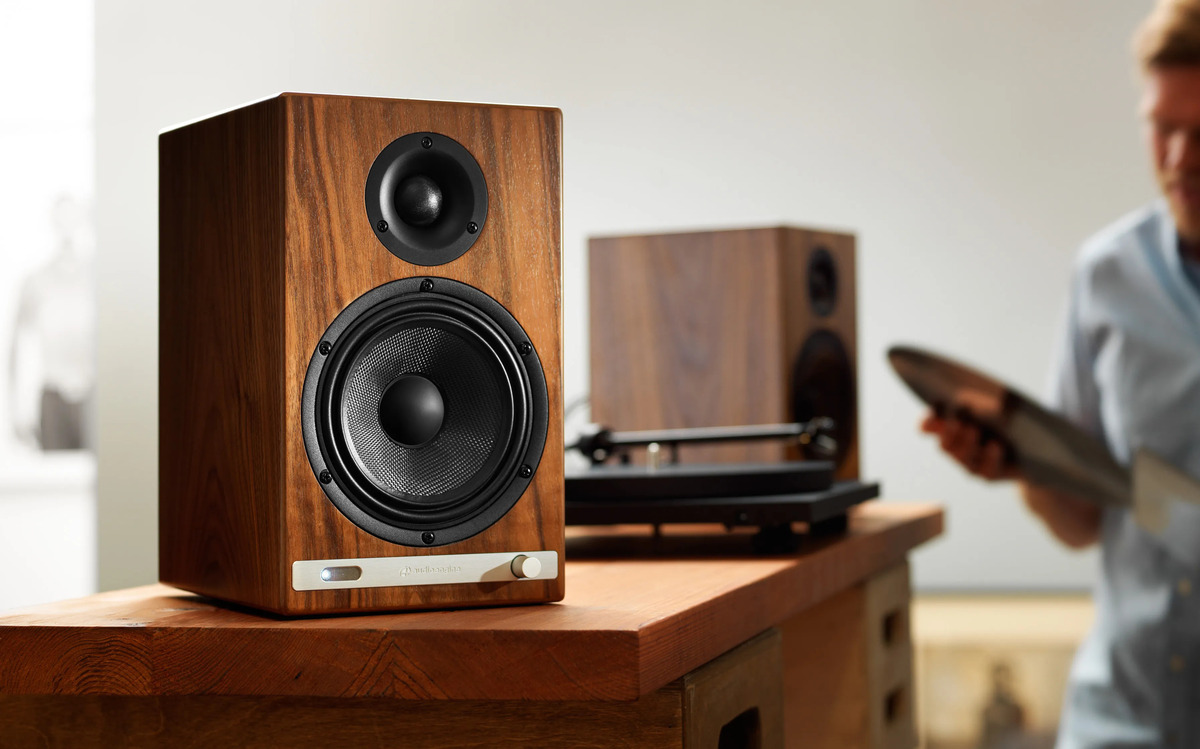
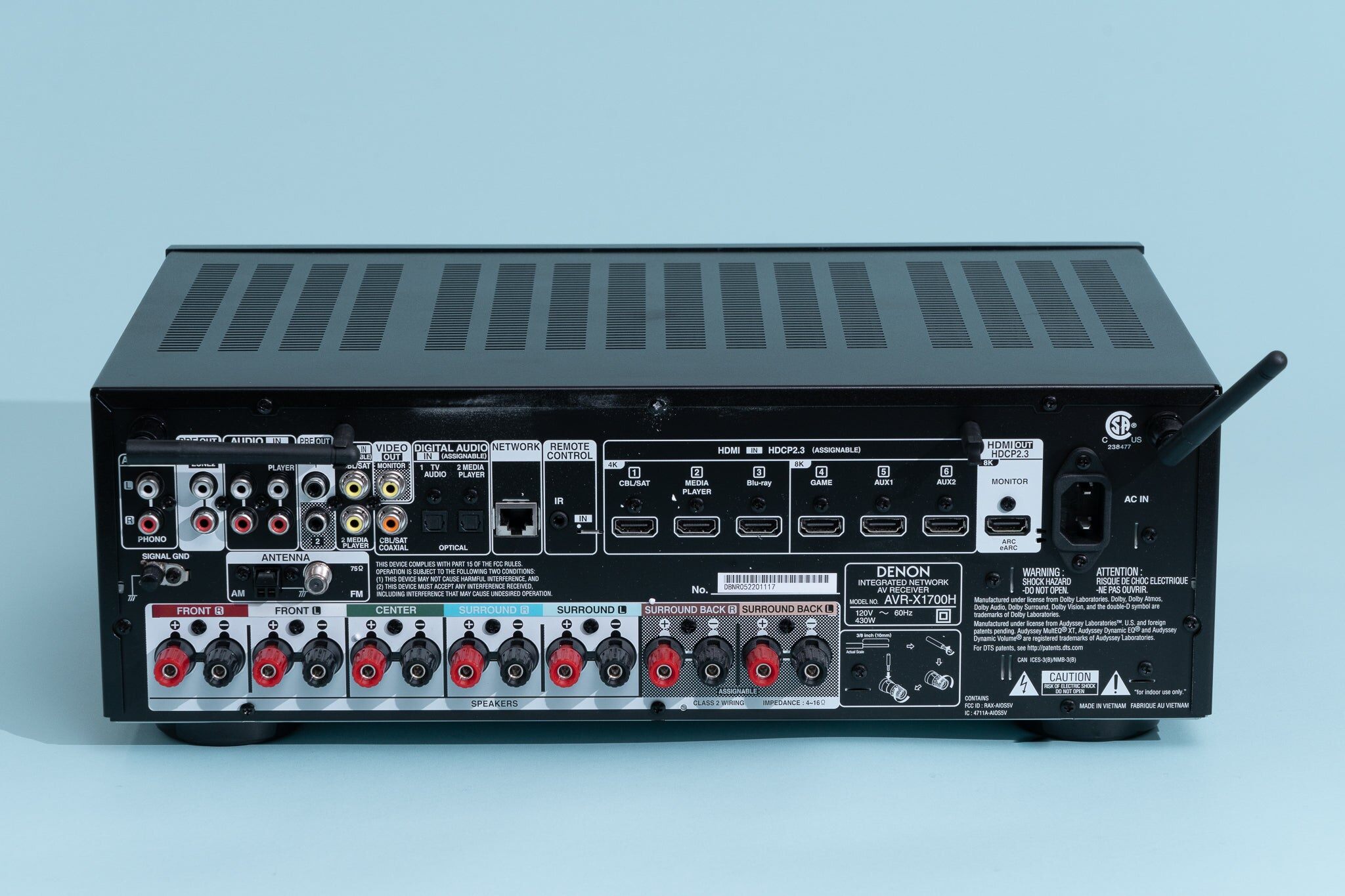
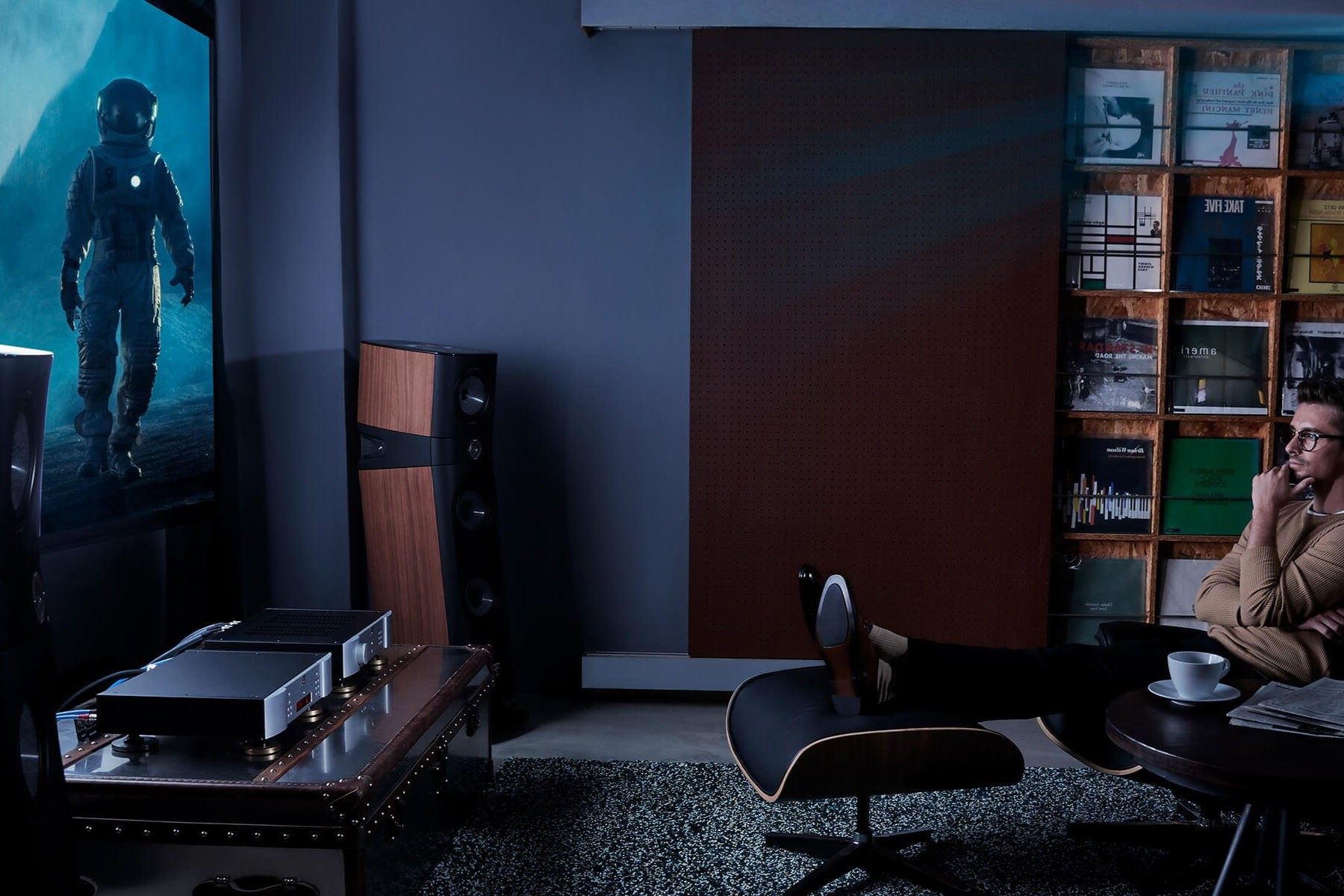
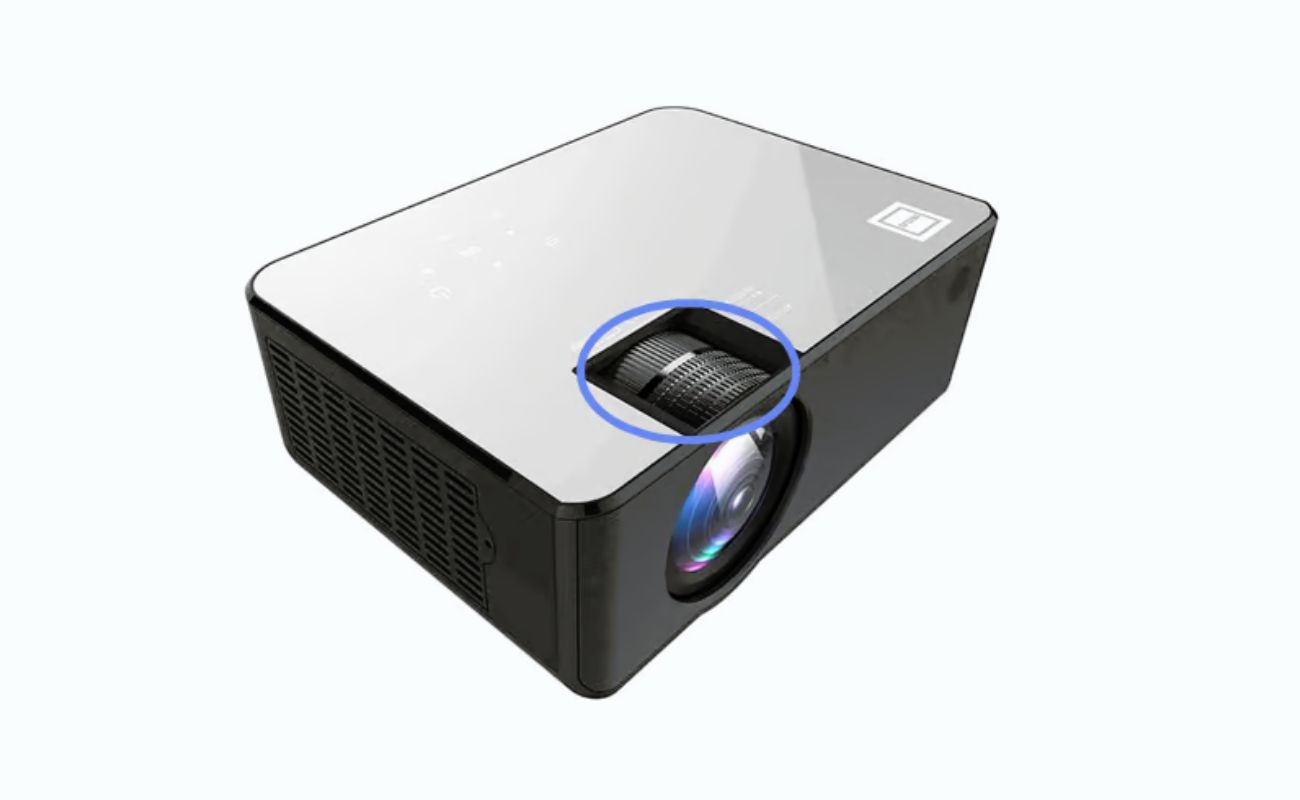
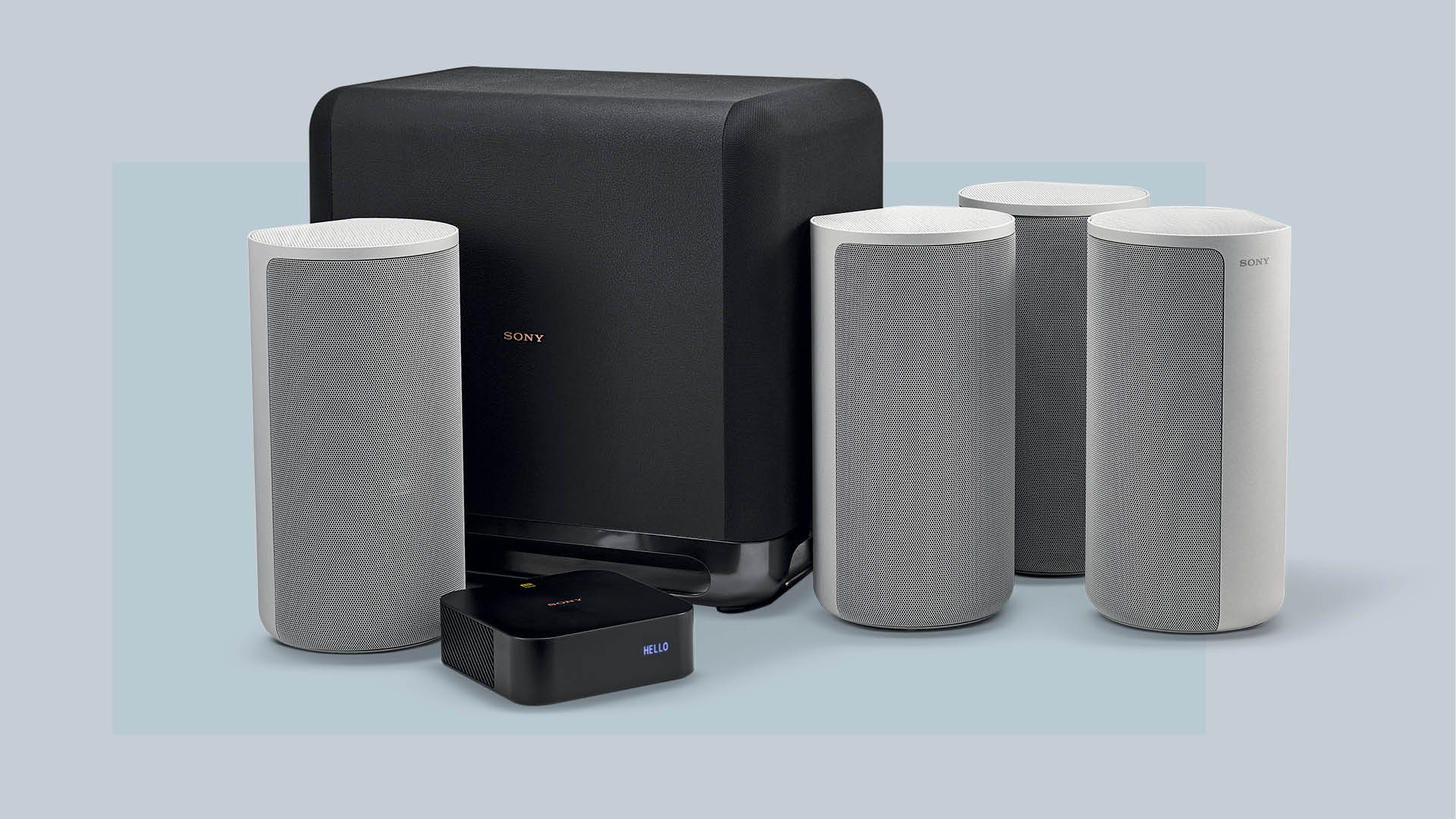
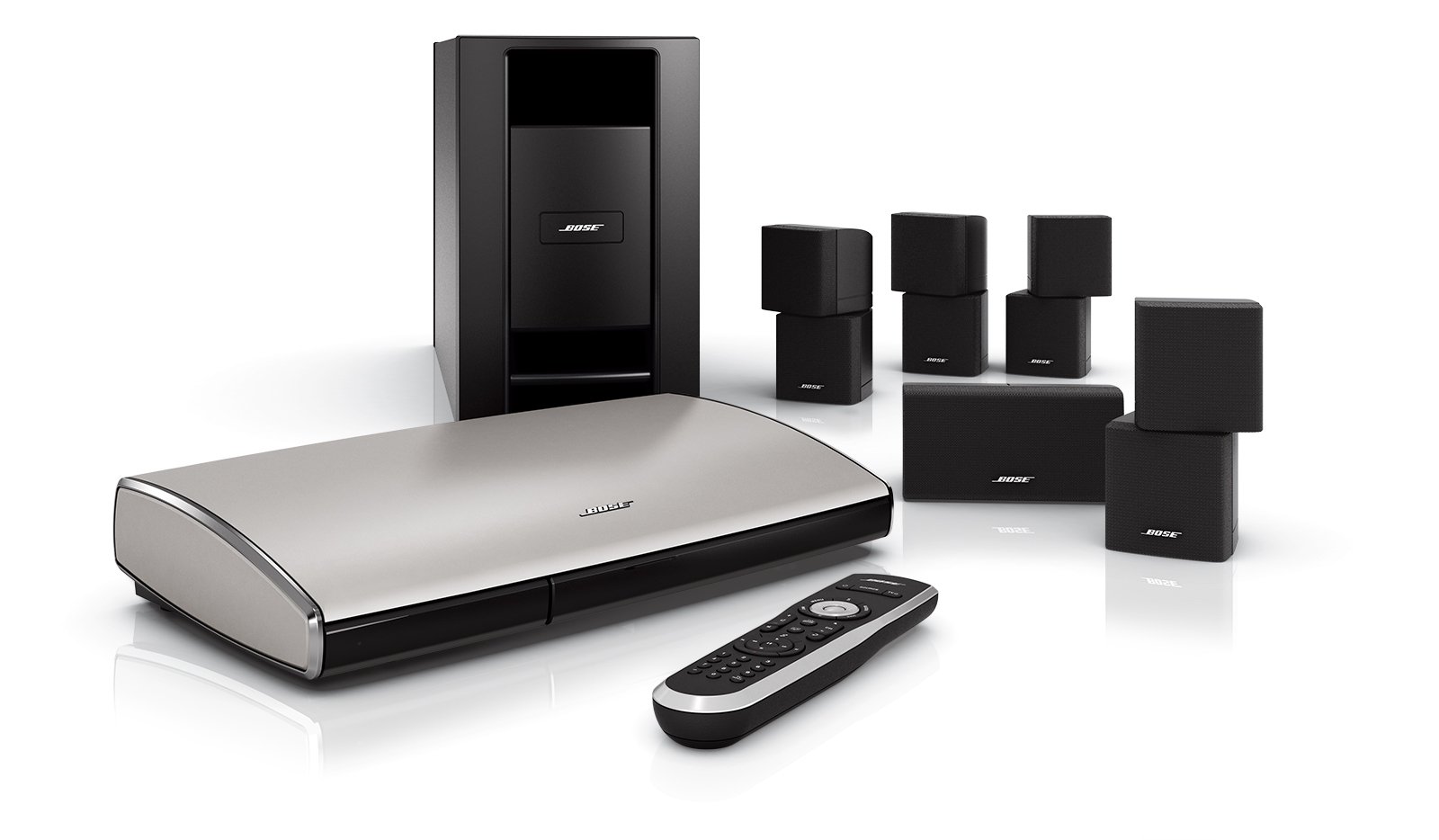
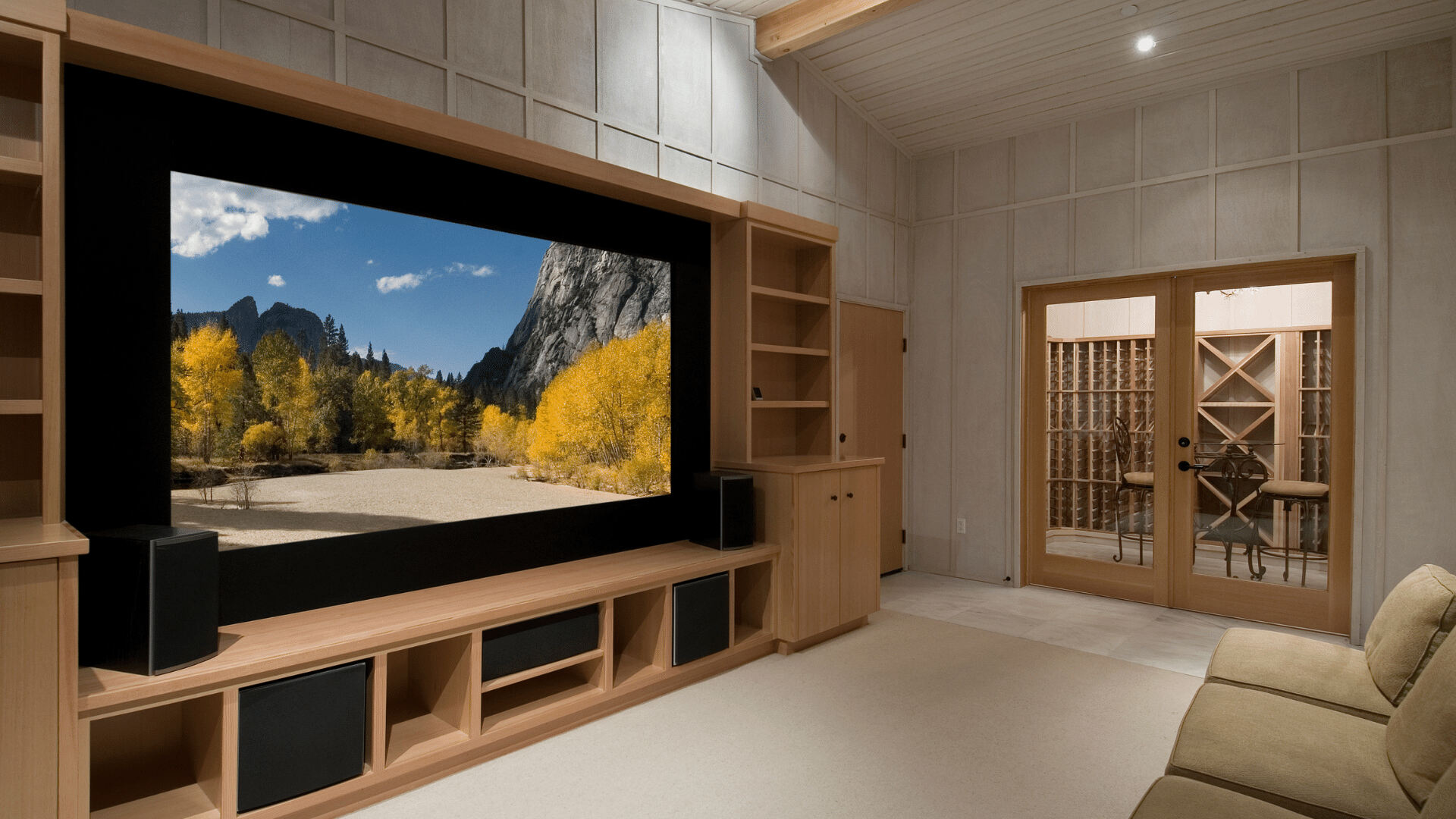
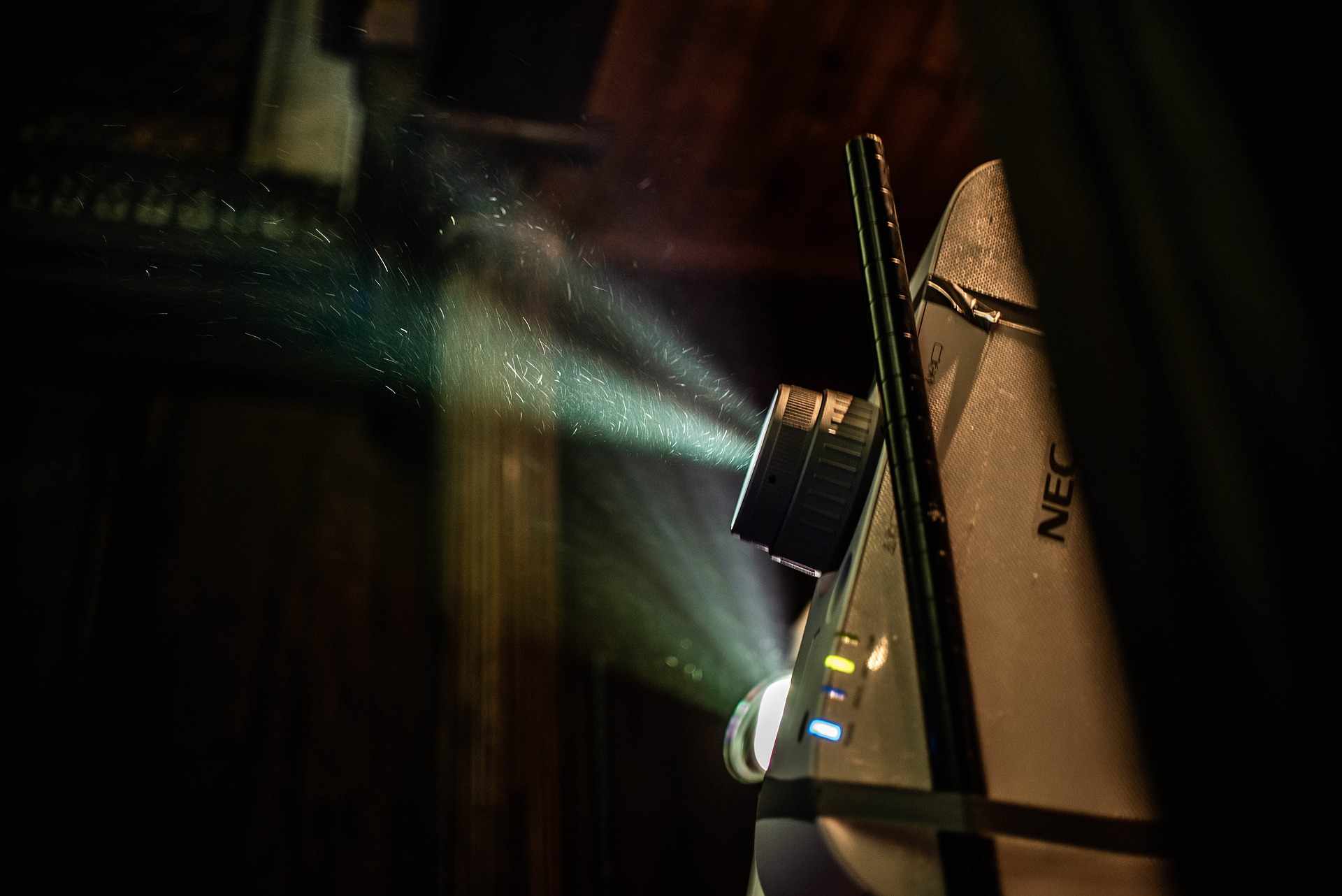

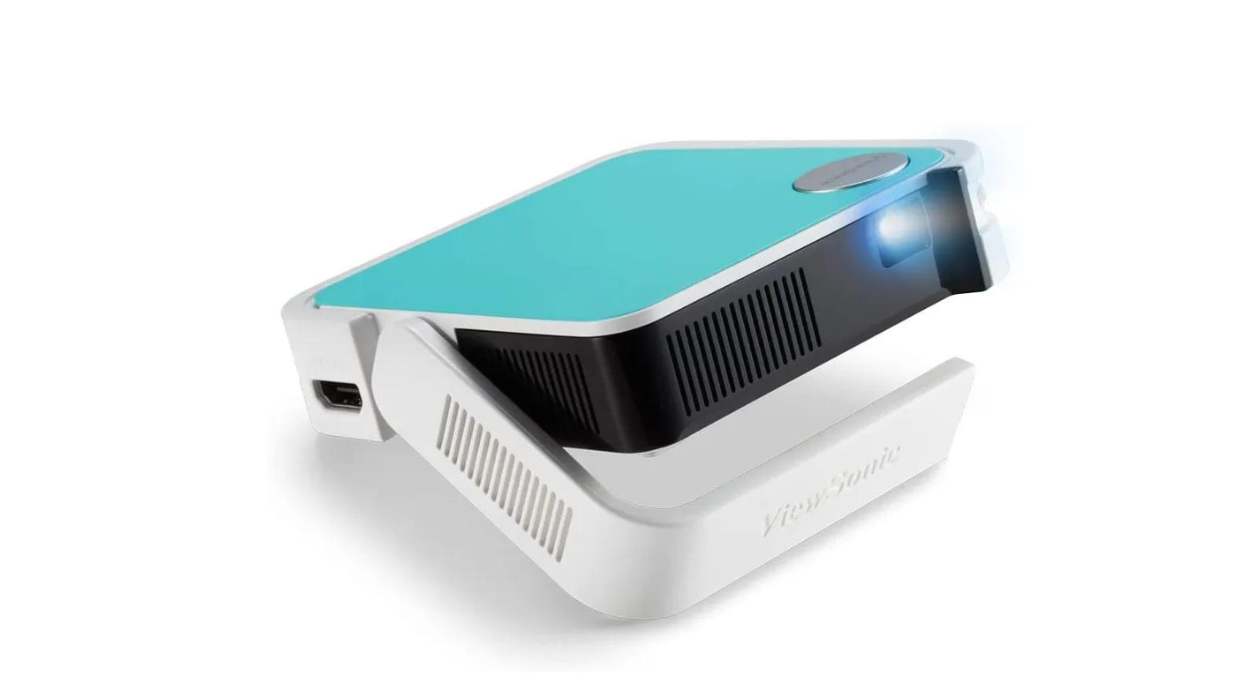

0 thoughts on “What Is The Best Projector For A Home Theater”